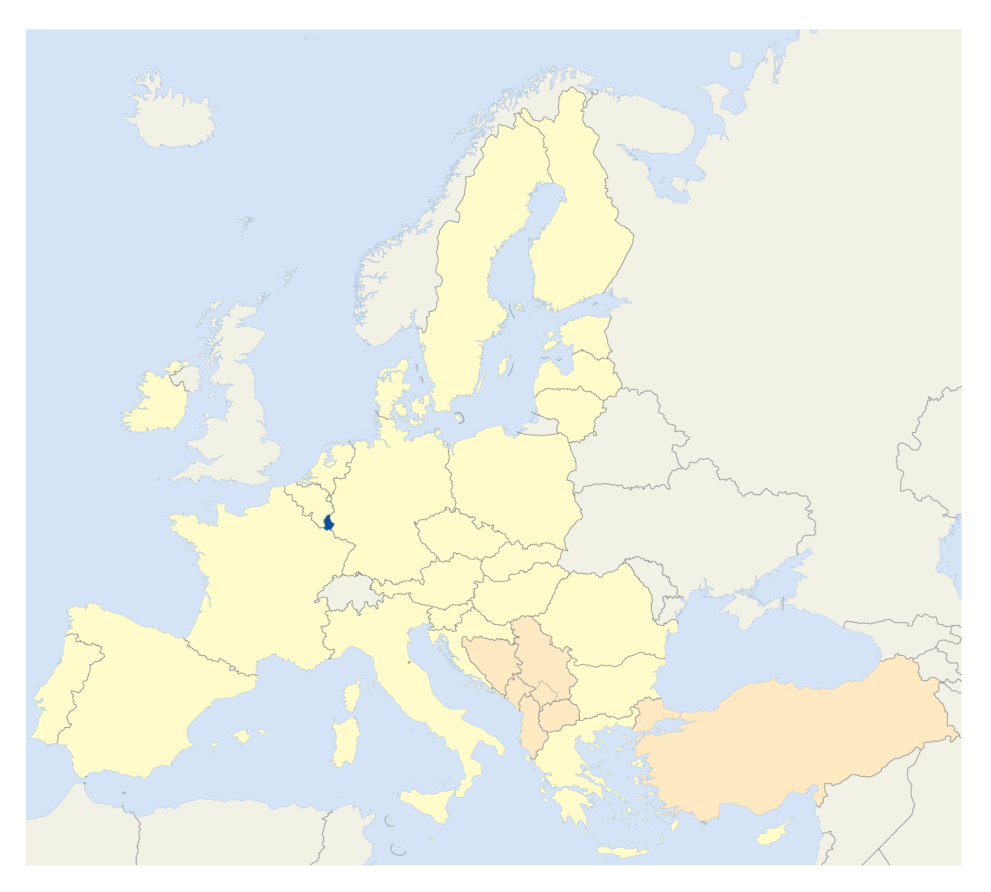
Luxembourg, known as the Grand Duchy of Luxembourg, is a unique country with rich political and economic ties to the European Union (EU). The nation’s capital is Luxembourg City, which is one of the official seats of the European institutions along with Brussels and Strasbourg.
The political system in Luxembourg is a parliamentary constitutional monarchy, where the prime minister heads the government and the Grand Duke serves as the head of state with mainly formal rights. General elections occur every 5 years, electing 60 members to the Chamber of Deputies. The country is divided into 4 electoral regions, 12 administrative cantons, and 105 communes.
Luxembourg has three official languages – French, German, and Luxemburgish – with French and German being official EU languages. The country boasts the highest GDP per capita in the EU, well above the EU average, and represents 0.5% of the EU’s total GDP.
With 6 representatives in the European Parliament, Luxembourg actively participates in EU decision-making processes. Additionally, the country’s European Commissioner, Christophe Hansen, is responsible for agriculture and food policies.
Throughout its history, Luxembourg has held presidencies in the Council of the EU, contributing to the development of EU laws and policies. The EU budget ensures collective contributions from member states to fund shared projects and priorities that benefit all EU countries.
Luxembourg’s representation in the EU ensures that the country’s interests and policies are advocated for within the EU institutions. With a strong presence in the European Economic and Social Committee and the European Committee of the Regions, Luxembourg actively engages in shaping EU legislation to reflect regional and local perspectives.
Overall, Luxembourg’s EU membership brings economic prosperity, political influence, and collaboration opportunities that enrich both the country and the wider European community.
Attribution:
This article was summarized and republished from the original source.
Please check the original article here: https://european-union.europa.eu/principles-countries-history/eu-countries/luxembourg_en.